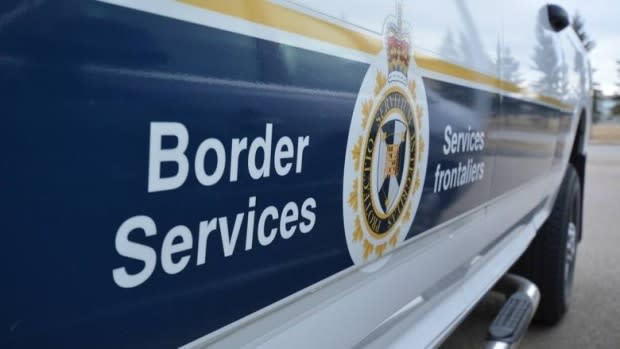Border costs may sink car-free ferry to New York state: report
A proposed car-free ferry that would connect Prescott, Ont., with its U.S. neighbours on the other side of the St. Lawrence River will likely need government funding to make economic sense, according to a consultant's report.
The report by Ottawa-based Canadian Pacific Consulting Services (CPCS) concluded that a ferry between Prescott and Ogdensburg, N.Y., wouldn't be able to survive by relying solely on fees charged to cyclists and pedestrians.
That's largely due to the costs associated with providing border control, the consulting firm concluded, in its report presented to Prescott's committee of the whole last week.
"The ferry service is technically feasible and complying with marine safety requirements is not expected to be an issue. Boat operators are also interested in implementing the service," the report said.
"[However] the cost of border services and facility upgrades may be cost-prohibitive without special arrangements or sources of funding to cover those costs."

Ferry existed before 1960s
Prescott and Ogdensburg were previously linked by a ferry across the St. Lawrence River until the construction of an international bridge in the 1960s.
The ferry idea has been pitched as a way to boost cycling tourism and generally bring the two communities closer together.
According to the CPCS report, however, it may be "challenging" to meet the costs required to comply with regulations set out by both the Canada Border Services Agency and U.S Customs and Border Protection.
Those include updating existing facilities at the current international bridge — which cyclists are not allowed to cross, despite bike trails on both sides of the border — as well as paying wages for at least two border agents from each country.
"A binational border agent team could reduce border costs, but special diplomatic channels would be required to consider such a binational special arrangement due to pre-existing legal concerns," the report says.
Weekend pilot project
According to the report, a one-way adult fare would have to cost $11.45 for a 50-passenger ferry to break even. That would rise to $21.50 if the ferry only had 15 seats.
To mitigate those costs, the two municipalities should seek out state or provincial grants, as well as financial assistance from their respective federal governments.
The report notes both country's border agencies have, in fact, agreed to provide their services for free as part of a weekend pilot project to gauge interest in the ferry.
That would likely take place sometime in the summer of 2020, the report says.

